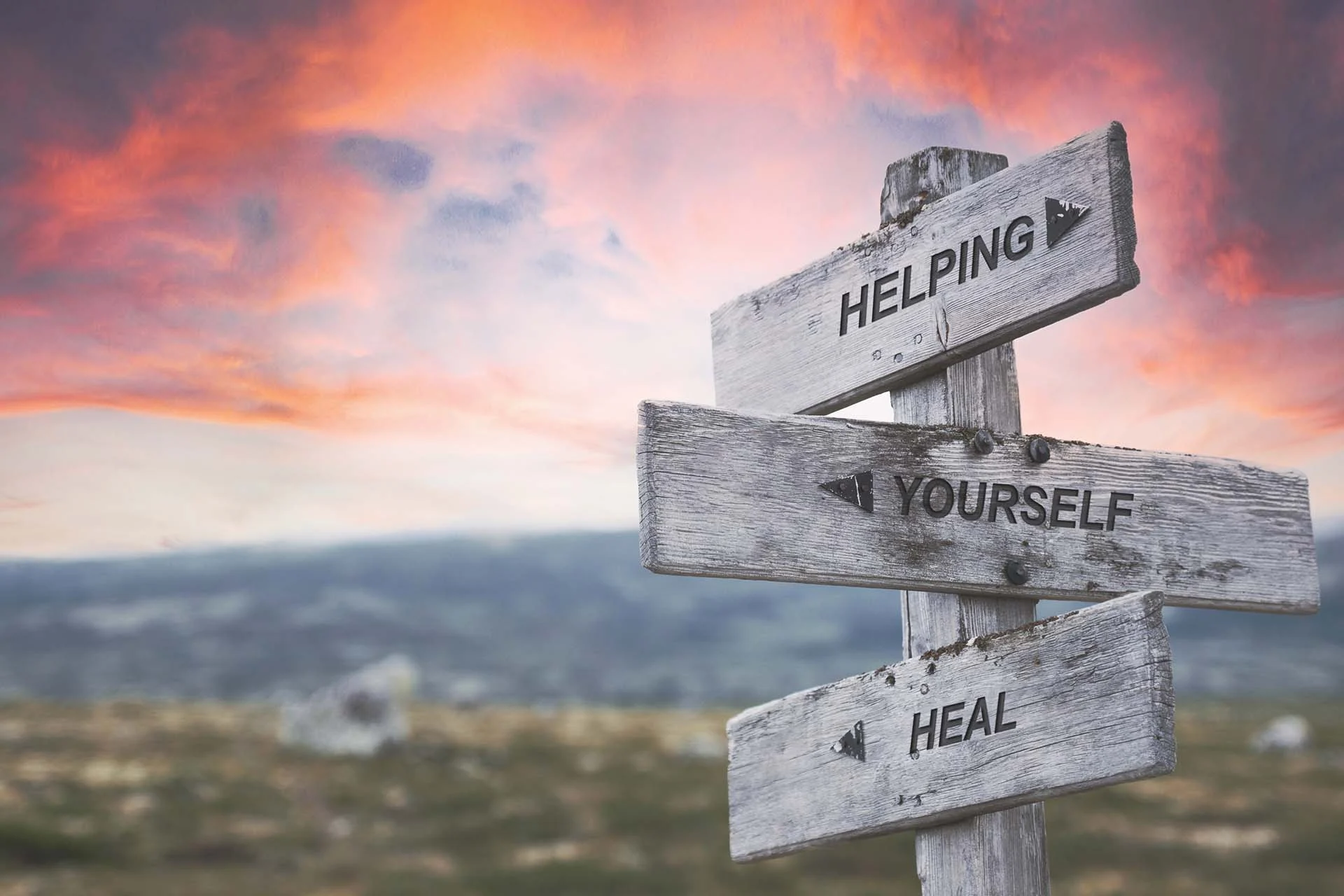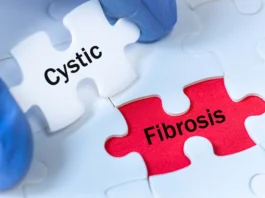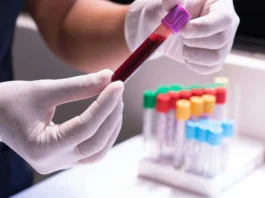Could dropping a grudge do more for your heart than kale?
On a crisp Mile‑High evening, Allison Parker watched her phone light up with birthday greetings—except the one she really wanted. Her partner, buried in work, forgot. She wrote a spicy text in the heat of the let‑down, then paused. A podcast she’d heard that morning claimed that “forgiveness is good medicine.” Was letting them off the hook worth trying? The science says yes—and not just for marriages. Choosing goodwill over payback is emerging as one of the most affordable, fast‑acting ways to boost both mental and physical health.
A researcher’s worst‑nightmare case study
Psychologist Everett Worthington spent decades studying forgiveness in the safety of lecture halls—until tragedy kicked down his own door. On New Year’s Eve 1995, an intruder killed his mother. Worthington’s first reaction was raw rage, but the loss forced him to test his theories on himself. For several months, he worked through the same steps he taught his students and, to his surprise, found room for compassion toward the suspect—though he still pushed police for justice. That painful experiment reshaped his career and inspired tools now helping thousands worldwide.
What forgiveness is (and what it’s absolutely not)
“Forgiveness is simply replacing ill will with goodwill,” explains Harvard epidemiologist Tyler VanderWeele. It isn’t:
- Excusing the harm. You can forgive and pursue a court case.
- Forgetting. Memories stick; your reaction changes.
- Reconciliation on demand. Safety comes first; you decide whether contact resumes.
That distinction matters for survivors of abuse and for anyone worried that “letting go” equals “letting it slide.”
“To forgive is to set a prisoner free and discover that the prisoner was you.” — Lewis B. Smedes
The selfish upsides? Sharper mood, steadier heart
A 2024 Harvard‑led randomized trial handed a self‑guided workbook to nearly 4,600 adults across five countries. Two weeks later, the workbook group logged significantly lower depression and anxiety scores and higher life satisfaction than the wait‑list control.

Physiology follows psychology. People stuck in grudges show spikes in blood pressure; those who forgive recover faster after stress, lowering long‑term cardiac risk. Sleep improves too: a 2021 study linked forgiving both others and oneself to deeper, more efficient rest. In short, the body keeps score—and calls a truce when you do.
Why grudges feel good (until they don’t)
Worthington’s research points to rumination—the mental hamster wheel replaying every slight—as the real villain. Rumination fuels anger, raises cortisol, and predicts disorders from OCD to PTSD. Forgiveness interrupts that loop, dropping stress hormones and clearing headspace for problem‑solving.
“The weak can never forgive. Forgiveness is the attribute of the strong.” — Mahatma Gandhi
The REACH roadmap
If the word “workbook” triggers high‑school flashbacks, relax: the REACH guide is 18 pages of plain language exercises. The acronym stands for:
- Recall the hurt without sugar‑coating.
- Empathize—not excuse—by imagining the offender’s backstory.
- Offer an Altruistic gift of forgiveness (you’ve needed one too).
- Commit to the decision (journal it, tell a friend).
- Hold onto forgiveness when memories resurface.
In a four‑continent trial, participants finished the workbook in about 3 hours and showed the same gains as a six‑hour group workshop—proof that DIY can work when therapy is out of reach. The newest two‑hour edition is free to download in six languages.
A campus experiment in Colombia
To see if personal change could ripple out, Worthington’s team ran a forgiveness campaign at a private university in Bogotá. Alongside the workbook, students tried micro‑actions like writing apologies on sticky notes and listening to podcasts. Depression dropped, hope rose, and quarrels shrank across the entire campus—evidence that communities can move the needle, not just individuals.
First steps you can take today
- Practice “traffic‑light forgiveness.” Next time someone cuts you off, exhale and wish them well before the light changes. Small wins train the brain for bigger ones.
- Write the unsent letter. Vent on paper, then rewrite from an observer’s view—an exercise shown to soften anger in the Harvard trial.
- Track your sleep. Use a smartwatch or a notebook to see whether short grudges correlate with restless nights; data can be motivating.
- Grab the free REACH workbook and schedule one focused hour this weekend. (No printer? It works on a phone.)
- Set healthy boundaries. Forgiveness does not require another coffee date. If contact feels unsafe, keep distance while wishing the person no harm.
“Forgiveness is not an occasional act, it is a constant attitude.”
— Martin Luther King Jr.
When you’re the one who blew it
Self‑forgiveness follows a parallel path: admit the harm, make amends, and then release the self‑punishing loop. Studies link it to lower shame and better mental resilience.

What still isn’t solved—and why that’s okay
Some wounds reopen, some offenders never apologize, and systemic injustices linger. Forgiveness is one tool, not a cure‑all. Yet the growing stack of peer‑reviewed evidence suggests it’s a low‑cost intervention with high returns—a rare mental health “medicine” you can dispense yourself.
Ready to trade anger for eight hours of solid sleep?
Download the REACH workbook, pick one hurt—big or small—and run the five steps. Then ask: Do I feel lighter? If the answer is yes, share the workbook with a friend or your book club. Change often starts one heart at a time, but it doesn’t have to stop there.
What grudge are you willing to set down today?





